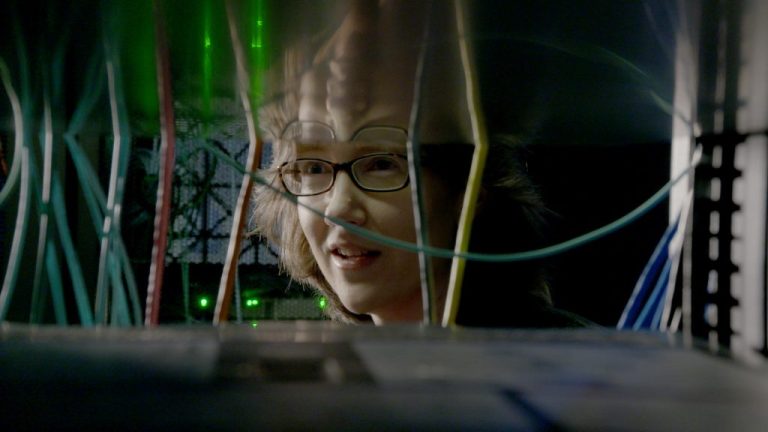Revolutionary AI Detects Cancer Early, Uncovering Signs Often Overlooked by Medical Professionals
AI Tool Detects Cancer Signs Overlooked by Human Radiologists
An innovative AI tool has demonstrated its ability to identify cancer indicators that were missed by human radiologists. This system, known as Mia, was tested alongside NHS clinicians in the UK, analyzing mammograms from over 10,000 women. While most participants were cancer-free, the AI successfully flagged all individuals exhibiting symptoms of breast cancer and identified an additional 11 cases that went unnoticed by doctors. Out of 10,889 women involved in the trial, only 81 opted out of having their scans evaluated by the AI system.
The AI was trained using a dataset of more than 6,000 prior breast cancer cases, enabling it to recognize subtle patterns and imaging biomarkers linked to malignant tumors. Upon assessment of new cases, Mia achieved an accuracy rate of 81.6% in predicting the presence of cancer and correctly ruled it out 72.9% of the time.
Breast cancer stands as the most prevalent cancer among women globally, with around two million new diagnoses each year. While the rates of survival are improving, thanks to earlier detection and advanced treatments, many patients endure severe side effects, such as lymphoedema, following surgery and radiotherapy. Researchers are currently enhancing the AI system to forecast a patient’s likelihood of experiencing these side effects up to three years post-treatment. This development could empower doctors to tailor care with alternative therapies or additional support for high-risk patients.
The research team aims to enroll 780 breast cancer patients in a clinical trial named Pre-Act, designed to validate the AI’s risk prediction model prospectively over a two-year follow-up. The ultimate objective is to create an AI system that can comprehensively assess a patient’s prognosis and treatment requirements.
In related news, NVIDIA has revealed its Blackwell architecture, which is set to inspire the next wave of AI advancements. For those interested in delving deeper into AI and big data, industry leaders will convene at the AI & Big Data Expo occurring in Amsterdam, California, and London. This extensive event is co-located with other major conferences, including BlockX, Digital Transformation Week, and Cyber Security & Cloud Expo.
Applications, Artificial Intelligence, Chatbots, Companies
Reddit Sues Anthropic Over AI Data Scraping
June 5, 2025
The Modern ROI Imperative: AI Deployment, Security and Governance
June 3, 2025
AI Enables Shift From Enablement to Strategic Leadership
June 3, 2025
Understanding Strategic Leadership
Strategic leadership is a critical aspect of guiding organizations towards achieving long-term goals while navigating complex environments. It involves the ability to align an organization’s vision and strategy with its resources, ensuring sustainable growth and competitive advantage.
Effective strategic leaders are characterized by their capacity to think critically and anticipate future trends. They foster a culture of innovation, enabling teams to adapt and respond to changing market dynamics. Furthermore, they engage stakeholders at all levels, ensuring that everyone’s contributions are valued in the decision-making process.
To excel in strategic leadership, individuals must develop strong communication skills and the ability to build relationships based on trust and respect. This enables them to influence others and drive collaborative efforts towards common objectives. Additionally, strategic leaders should possess a keen understanding of their industry, enabling them to identify opportunities for expansion or improvement.
Overall, embracing strategic leadership principles can empower organizations to thrive amidst uncertainty, paving the way for sustainable success.







